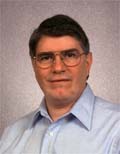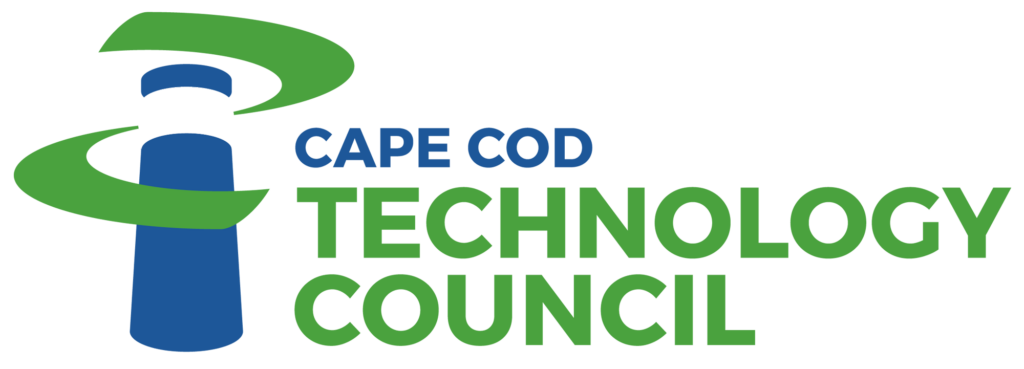 Art Gaylord is Director of Computer and Information Services at Woods Hole Oceanographic Institution, which includes maintaining networks, phones, email, web and support for the scientists. It’s this last part where it gets especially interesting (not that we don’t love the rest).
Art Gaylord is Director of Computer and Information Services at Woods Hole Oceanographic Institution, which includes maintaining networks, phones, email, web and support for the scientists. It’s this last part where it gets especially interesting (not that we don’t love the rest).
Like many of us, WHOI scientists need high performance computing. But they also need it at sea or in the water. “We have to be able to help [the scientists] no matter where they are in the world,” Art said. “They’re often in poor communication environments, isolated from support. They have to have their instruments work even if they don’t have the connection we now take for granted.”
Scientists often wait years to get a week on a ship. Once on, it’s thousands of dollars a day, and the scientists know that it may be a couple years before they can get out again. Everything must work flawlessly.
Telepresence from the ships back to the labs enables people who couldn’t go on the ship to participate. WHOI scientists have enough communication bandwidth now so when a vehicle is underwater, they can send the pictures back in real time. “Traditionally, you get a small group of people on a ship and they get their results, but not everyone can be there,” Art explained. “With telepresence, scientists at home can watch what’s going on and interact with it. If they spot something that interests them, they can ask for a closer look, in real time.”
WHOI also has many, many autonomously controlled vehicles in the water, going off from days to months at a time. They come to the surface periodically and communicate by a satellite link. At this point there’s tens of thousands of these devices in the water, although some are more sophisticated than others. There is a lot of monitoring going on in the ocean.
In addition to his position on the Tech Council Board and at WHOI, Art is Chairman of the Board of Directors of Open Cape.
“I became involved because of our local need to have reliable communications to the rest of the world,” he said. “It was always a struggle to provide the types of communications we need. So when Open Cape became an idea, I jumped on it as a way to improve things for the institution. As a group, it became clear that we were improving things for the Cape and Southeastern Massachusetts. We wanted to make something so living on the Cape didn’t mean that you were at a disadvantage in terms of infrastructure, relative to living in a large city. ”
With close to two thousand people, Woods Hole has probably the greatest concentration of marine scientists in the world.
Collectively, the scientists are working in multiple disciplines to get a better understanding of how the ocean works as a whole – at the biological, chemical, and physical layer – and how that impacts the climate (and us). They’ve gone from understanding processes as individual things, and have reached the point where they can put it all together and look at the ocean as a whole.
“I think that’s going to have profound influence in the next several years,” Art said.
